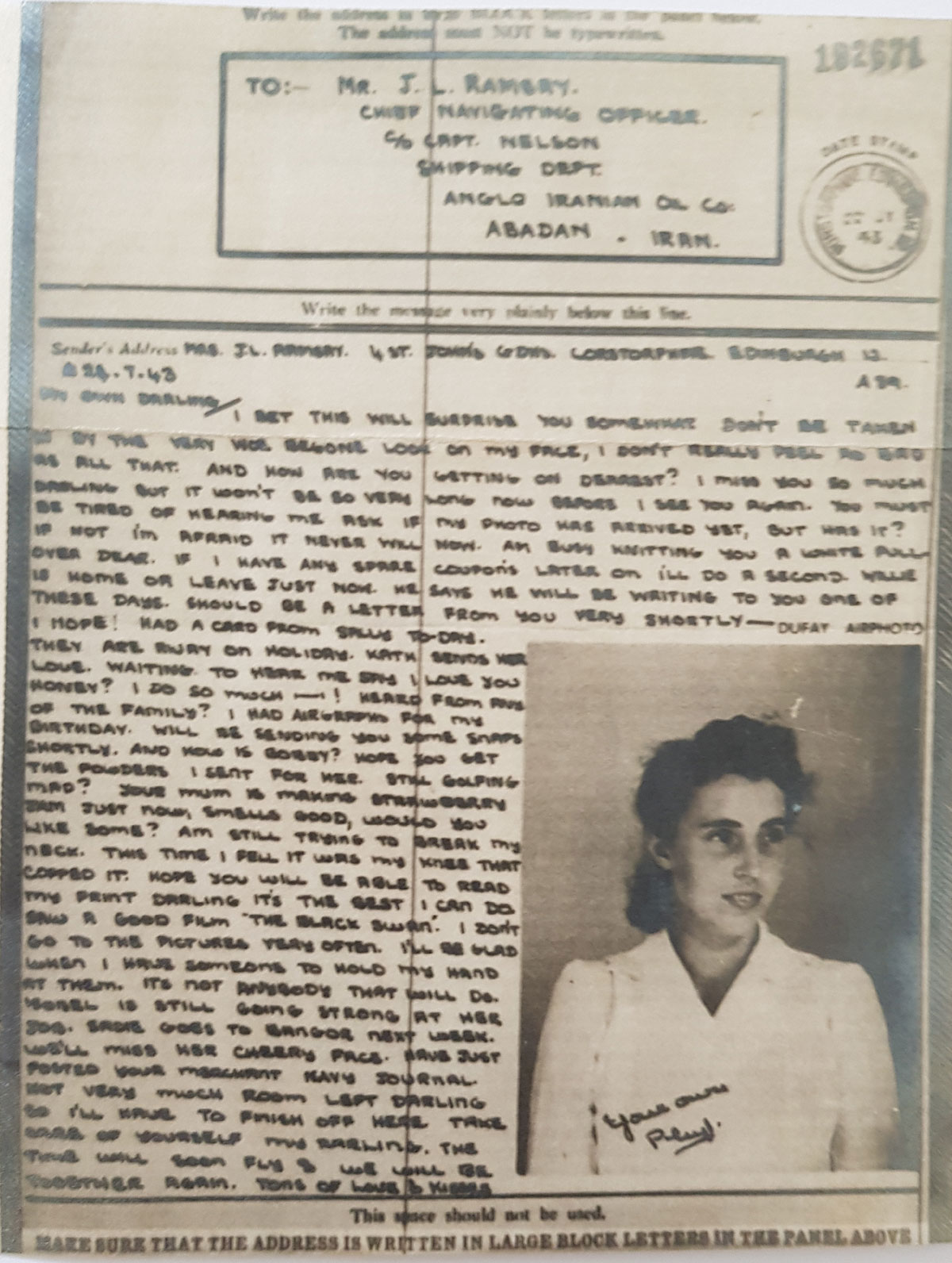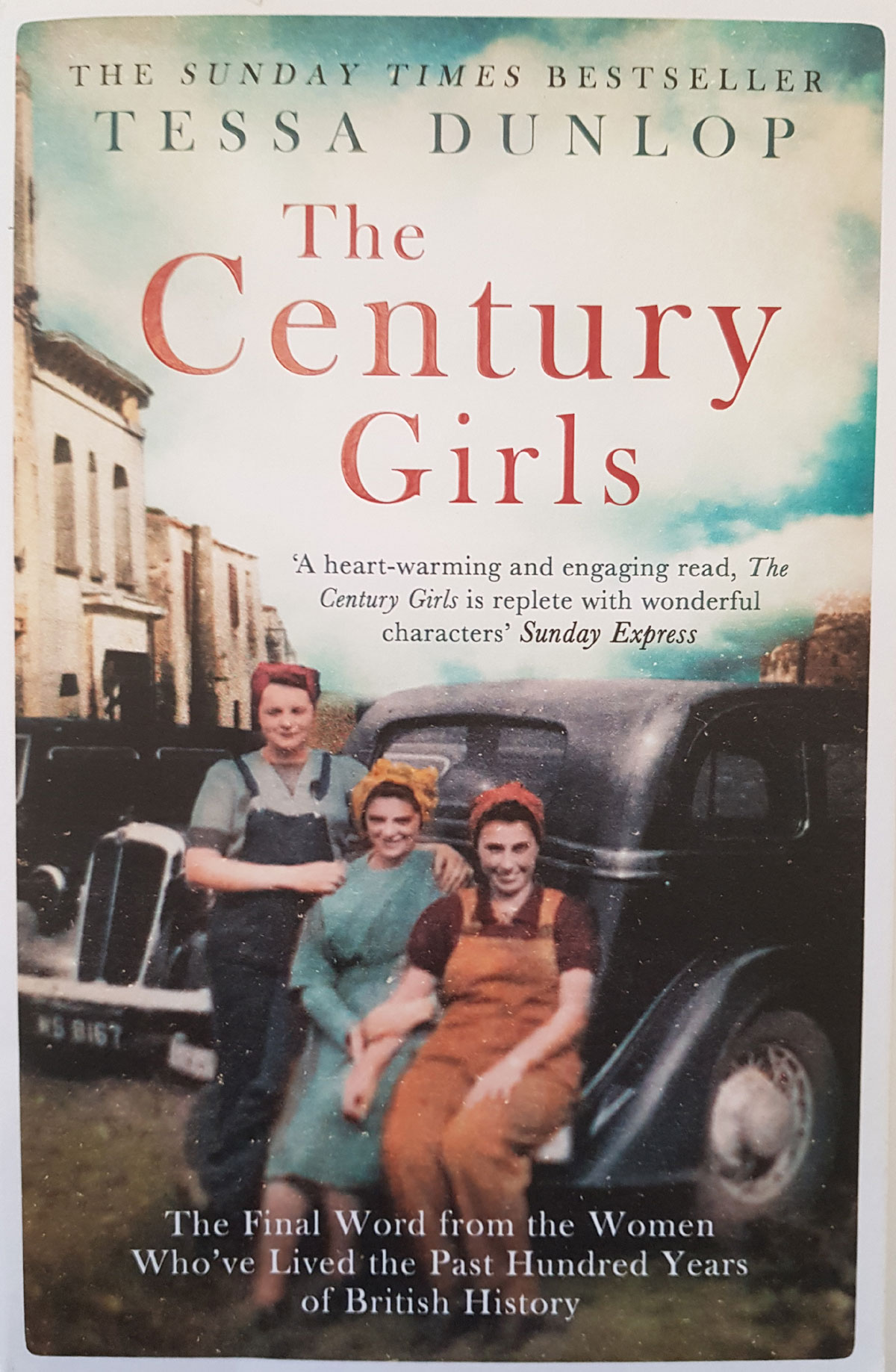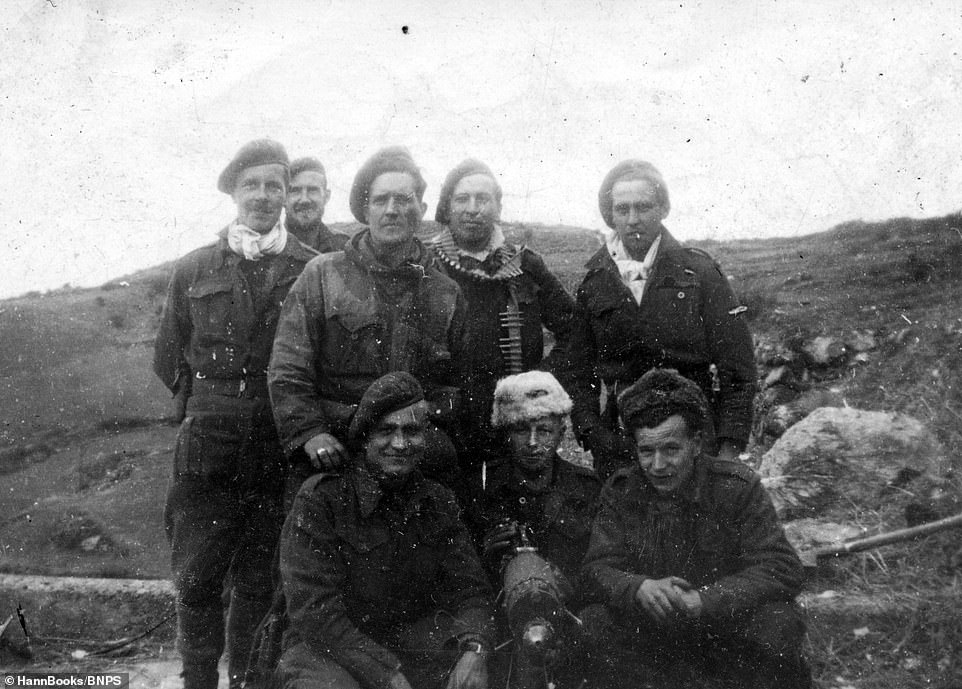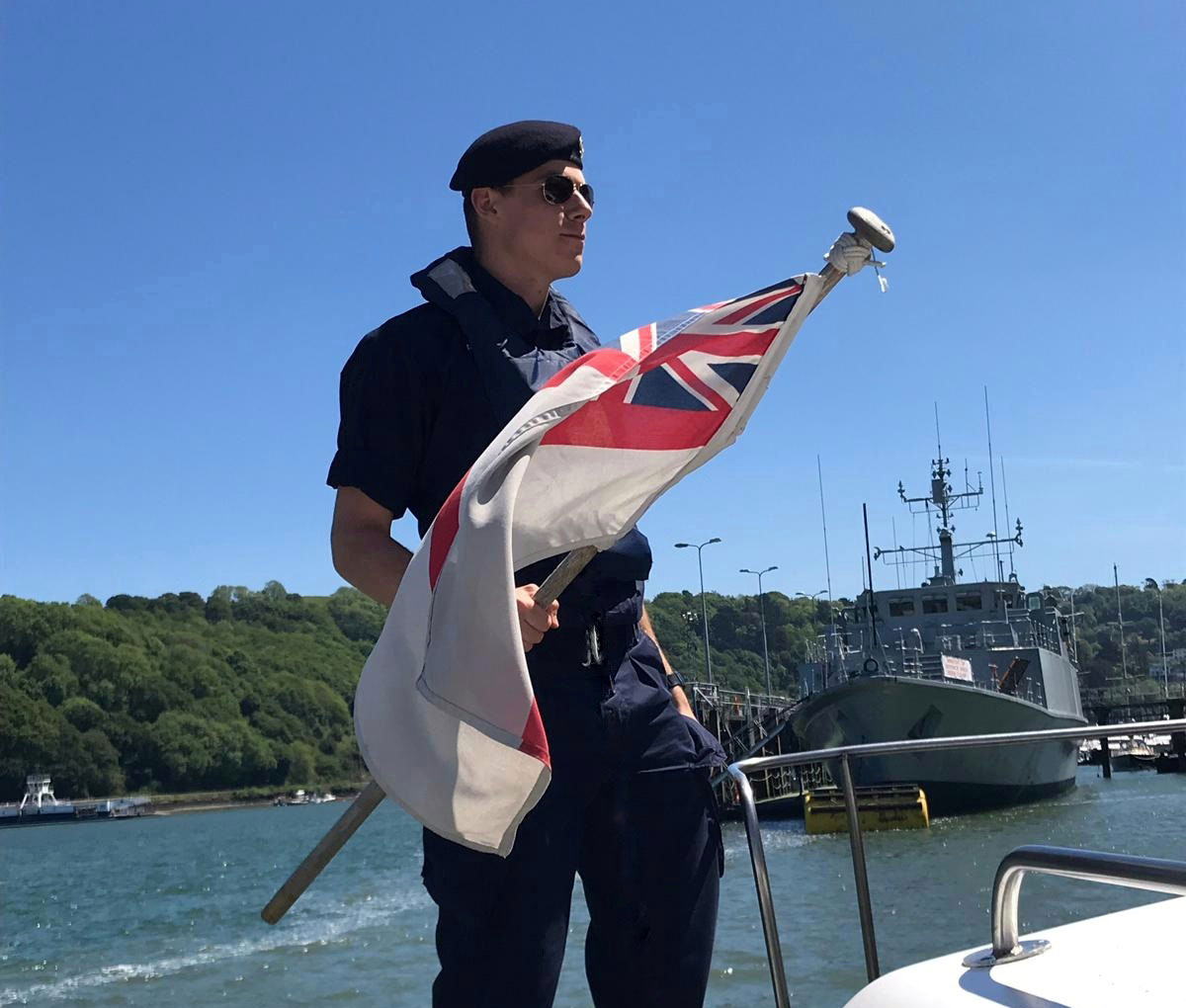In 1931, aged 16, my father, Jim, went to sea as a cadet with the British Tanker Company (BTC). When WW2 broke out in 1939, he was Third Officer on his ship and therefore thrust into military action when the British Government chartered the whole BTC fleet to supply fuel for its forces. Because tankers were the biggest ships in a convoy, they were the prime target for German U-boats. As a result, my father was one of the few deck officers who served and survived the entire war.
 While docked in Bombay, the ship’s captain was taken seriously ill and was hospitalised. My mother, Phyl, whose family had been in colonial India for generations, was a ward sister in the hospital, and when my father – in his capacity as the ship’s First Officer – went ashore to check his captain’s condition, my parents first met. This led to a whirlwind two-week romance and the decision to get married!
While docked in Bombay, the ship’s captain was taken seriously ill and was hospitalised. My mother, Phyl, whose family had been in colonial India for generations, was a ward sister in the hospital, and when my father – in his capacity as the ship’s First Officer – went ashore to check his captain’s condition, my parents first met. This led to a whirlwind two-week romance and the decision to get married!
While civilians were not allowed to travel on ships without good reason and authorisation, a family friend got my mother an (unauthorised) place on the troopship SS Orama, travelling from Bombay to Edinburgh via Cape Town. Somehow it dodged German surface raiders and submarines, though on its very next voyage was sunk by the German cruiser Admiral Hipper.
My parents married in Edinburgh in 1941, and it was two years before they saw each other again, with my father returning to sea and my mother staying in Edinburgh. Since her Indian nursing qualifications weren’t recognised in Britain, my mother was sent to work making munitions. Through censored letters and by reading magazines regularly published by the government, she followed the war’s progress while my father was away.
 Such was the rich tapestry of my late mother’s life, that her life story featured in a Sunday Times bestseller, The Century Girls. The book’s cover picture shows her dressed in brown overalls at the Ramsay Technical College (no family connection in the name) in Portobello, where she was trained to use lathes and milling machines. She passed away in 2019, shortly before her 102nd birthday.
Such was the rich tapestry of my late mother’s life, that her life story featured in a Sunday Times bestseller, The Century Girls. The book’s cover picture shows her dressed in brown overalls at the Ramsay Technical College (no family connection in the name) in Portobello, where she was trained to use lathes and milling machines. She passed away in 2019, shortly before her 102nd birthday.
As well as my parents’ contribution to the wartime effort, my uncles served in the military too, with my mother’s youngest brother, Terry, being a founder member of the SAS. He joined the British Army at the end of 15 (having lied about his age) and completed his initial military training in the north-west of Scotland, near Glenfinnan.
In 1944 he took part in the daring Operation Galia behind German lines in Italy. It was an operation that defined the SAS’s future trajectory and was documented 50 years later in a book. With his comrade and best friend Harry seriously wounded, Terry bravely escaped back to Allied lines through the German positions, carrying Harry. This involved him stealing a big Missouri mule (twice the size and strength of the local Italian donkeys) from the Americans – the best form of transport in the Italian mountains – to carry Harry. The Americans thought the mule had been stolen by a local Italian and the order was passed that the thief was to be shot on sight. Fortunately, Terry and Harry were resourceful characters and made it home, with Terry’s silk map and compass surviving the operation. He also served in Egypt, France, Palestine, Germany, Malaya and Cyprus.

Terry pictured top right
On my father’s side, his youngest brother, Tom, was in the artillery at the Battle of El Alamein in Egypt, and then fought through France after D-Day, while his middle brother, William, served with the Royal Engineers and landed on D-Day. They didn’t get home until long after VE Day and were still sending Christmas cards home in 1945.
Knowing about the sacrifices made by millions of British military personnel during WW2 and other wars, I feel a responsibility to remember and celebrate events such as VE Day. I recall the effect that the war had on my father; he must have been suffering from PTSD, although it wasn’t recognised at the time. This was apparent in 1981 when I took him to see the film Das Boot, then regarded as an obscure German arthouse film with English subtitles. He left the cinema looking like a ghost and barely spoke to anyone for a week. I think there were an awful lot of submerged memories that came out as a result.
 Although I never served in the military, I’m very proud to have helped establish 132 (North Berwick) Squadron RAF Air Cadets, and I’ve had on and off engagement with them since 2009, when my son Chris joined aged of 12.
Although I never served in the military, I’m very proud to have helped establish 132 (North Berwick) Squadron RAF Air Cadets, and I’ve had on and off engagement with them since 2009, when my son Chris joined aged of 12.
Today, as a member of the Royal Navy, Chris is continuing the military tradition of previous generations of our family. He passed out from Britannia Royal Naval College in 2019 and is now a member of 825Sqn Fleet Air Arm, currently completing his operational conversion unit (OCU) at RNAS Yeovilton to become a Wildcat pilot.


